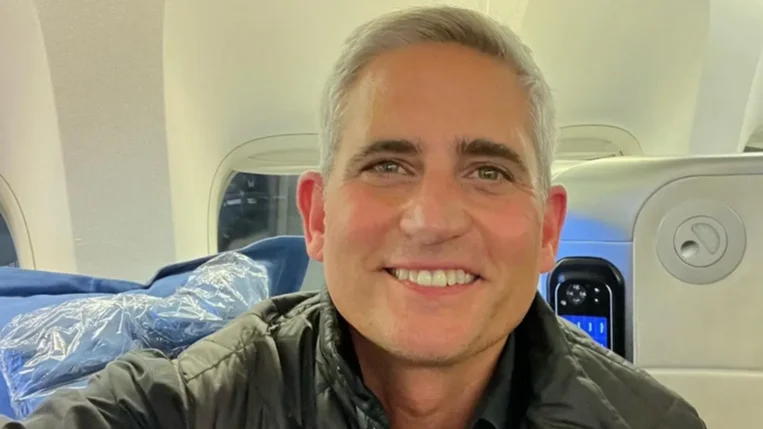Fuel efficiency is becoming increasingly significant in the aviation sector, affecting economic savings and environmental impacts. Aircraft efficiency is often measured in pounds of fuel burned per hour, with commercial planes like the Boeing 737 MAX burning 7,300 pounds of fuel during the first hour of flight. Miles per gallon (MPG) helps compare aircraft to cars in terms of fuel usage.
"Airlines spend billions annually on fuel, making it their largest operating expense," notes the press release. A slight improvement in an aircraft’s MPG can lead to substantial cost savings and enhanced competitiveness. For example, the Boeing 737 MAX could achieve a 25% improvement in fuel efficiency compared to older models.
Fuel efficiency reduces environmental impact, with the International Air Transport Association indicating commercial aviation contributes two to three percent of global CO2 emissions. Improving MPG aids airlines in meeting environmental regulations like the Carbon Offsetting and Reduction Scheme for International Aviation (CORSIA). IATA aims for net-zero CO2 emissions by 2050, focusing on sustainable aviation fuel, new technologies, and operational improvements.
 Alerts Sign-up
Alerts Sign-up







